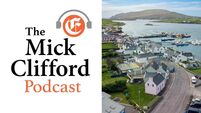HHC: The drug sold on Irish main streets that’s sending teens to hospital
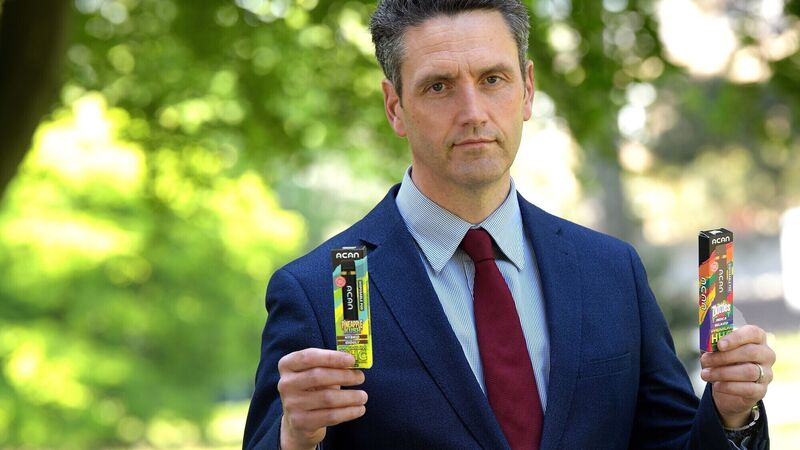
St John of God University Hospital consultant psychiatrist Colin O’Gara with products containing HHC that under-18s can readily buy in vape shops. Prof O’Gara says the psychoactive chemical should be scheduled under the Misuse of Drugs Act. Picture: Moya Nolan
In glass cabinets in shops on main streets of towns the length and breadth of the country sit a bewildering range of flavoured vapes and jellies, many laced with a substance suspected of causing teens to suffer serious health emergencies.
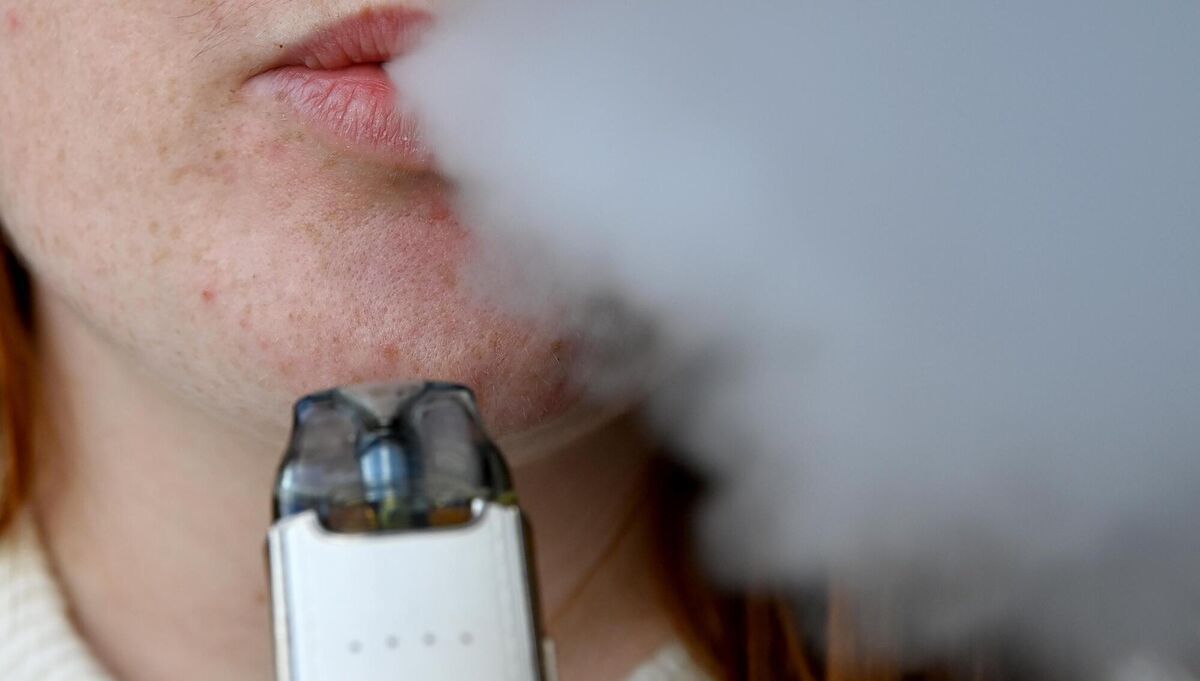
She told how a 12-year-old child in Clonakilty could not remember his mother’s name while another had to be admitted to a psychiatric hospital after vaping the cannabinoid.
Bobby Smyth, a consultant child and adolescent psychiatrist and clinical professor at Trinity College Dublin, said: “Lots of young people who use it regularly report a lot of mental health symptoms associated with it, both when using it heavily and when they stop using it.
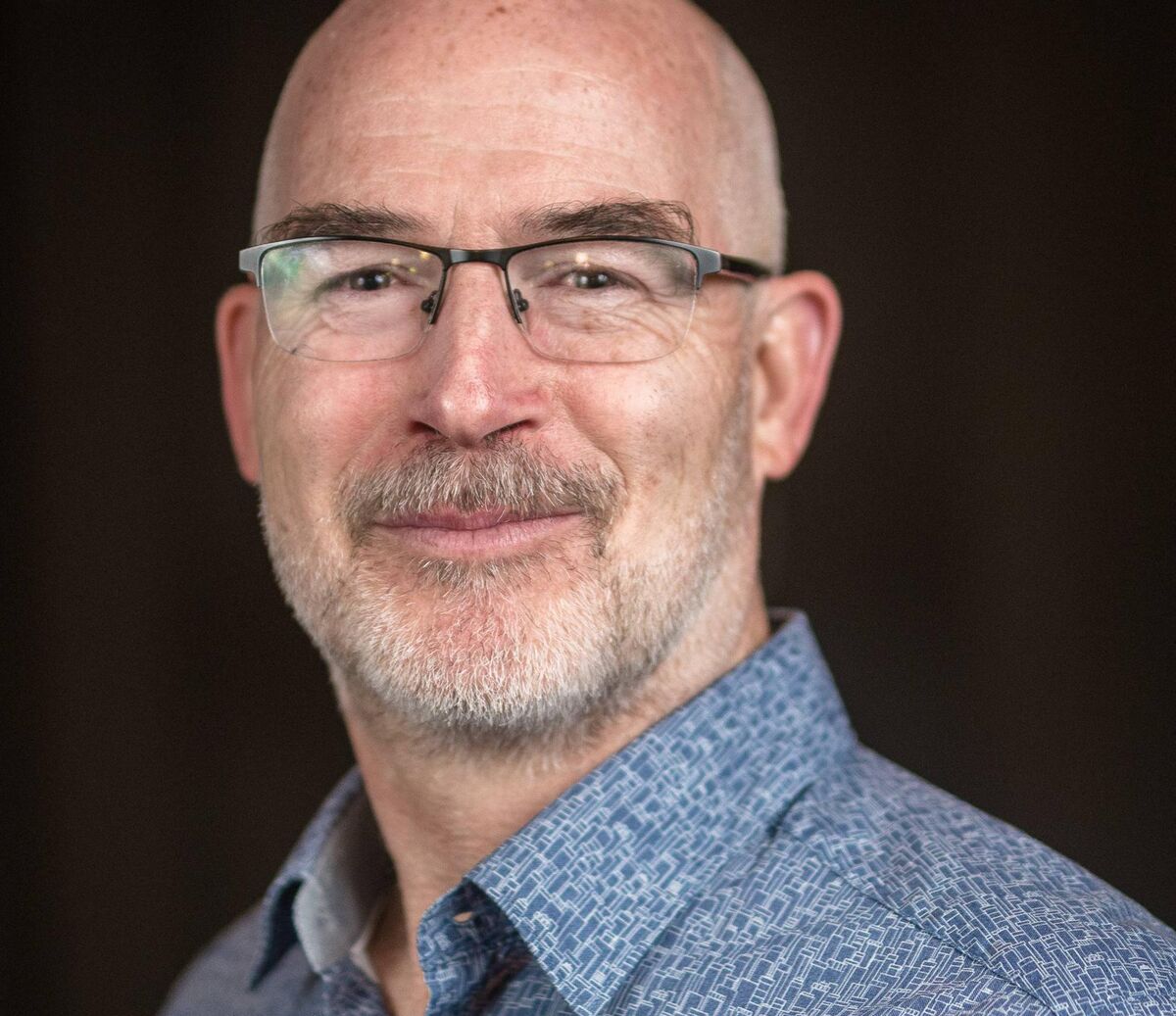
Flavours range from lemon, blueberry, and pineapple to more unusual tastes such as ‘Gorilla Glue’ and ‘amnesia’.
Colin O’Gara is a consultant psychiatrist who serves as the head of addiction services at St John of God University Hospital and is clinical professor of psychiatry at University College Dublin.
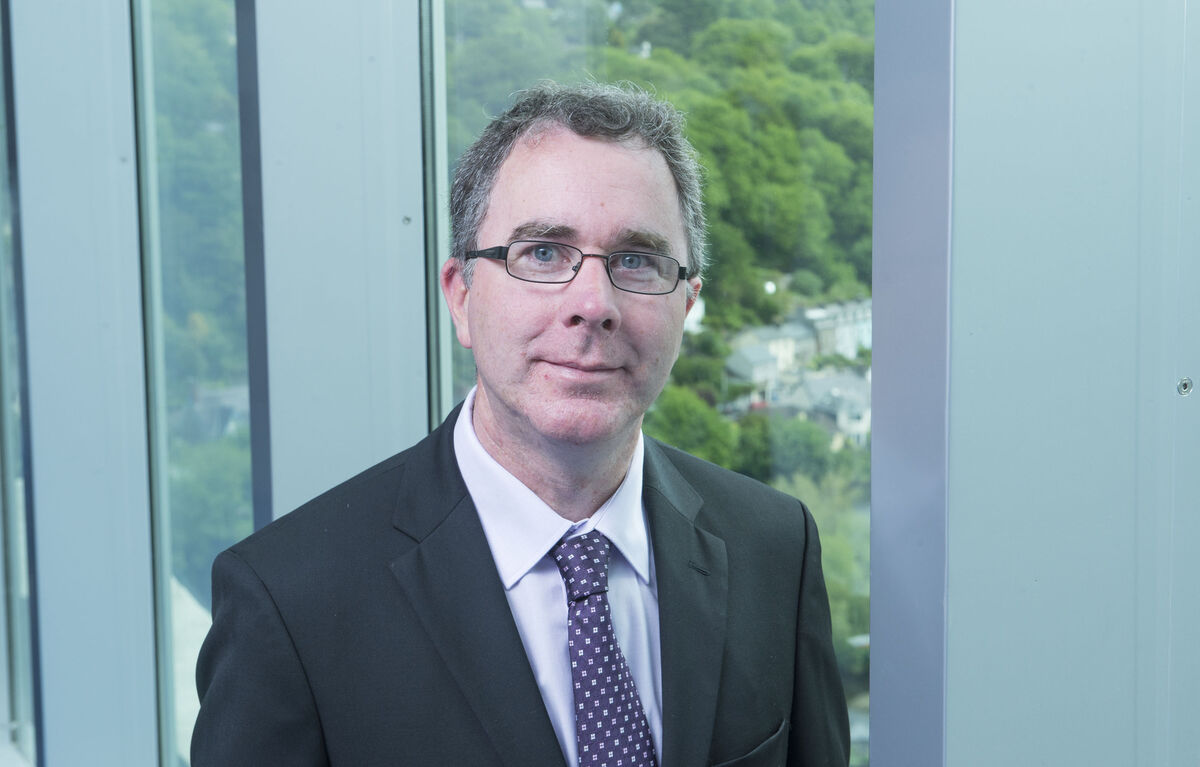
It said: “Cannabis and related cannabinoid products accounted for 42% of all cases analysed by FSI in 2023. The traditional cannabis market is no longer a homogenous arena and is now a dynamically evolving space with ongoing rapid emergence of a dizzying array of synthetic cannabinoid products — it is truly the wild west of the drug marketplace.”



